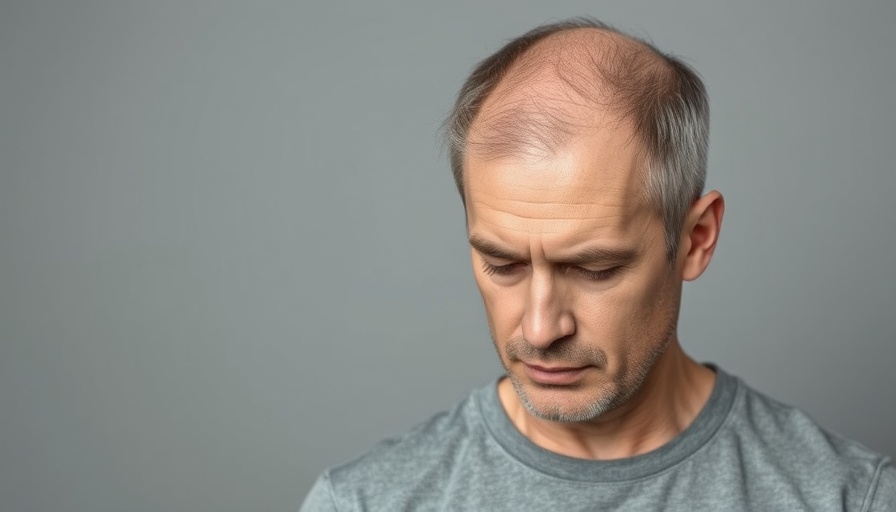
Can You Still Get a Hair Transplant After Hair Loss?
If you’re worried about losing your hair and considering a hair transplant, you’re not alone. Many people experience hair loss at different stages of their lives. But can you still get a hair transplant if you've already lost a significant amount of hair? This is a common question, and today we’re going to explore this topic with kindness and clarity.
In 'I have already lost so much hair, can I still get a hair transplant?', we delve into the questions many have about hair restoration after significant hair loss and its impact on self-esteem.
Understanding Hair Loss
Before jumping into hair transplants, it’s nice to understand what leads to hair loss. Genetics, hormonal changes, and health conditions can all play a role. Sometimes, hair takes a vacation, leaving us feeling down about our appearance. It's important to remember you're not defined by your hair or its absence.
What is a Hair Transplant?
A hair transplant is a procedure where hair follicles from one part of your body (usually the back of the head) are moved to areas that are thinning or balding. It’s a popular option for many looking for a more permanent solution to hair loss. So if you’ve lost some hair but still have healthy hair left, you may be a perfect candidate!
Evaluating Your Candidacy for a Hair Transplant
To determine if you’re eligible for a hair transplant, a professional will assess your overall health, the extent of your hair loss, and your personal goals. Here’s where it gets hopeful: even if you've lost a significant amount of hair, as long as you have donor hair available, a transplant could still work well for you. The best part? Hair transplants can offer natural-looking results that can boost your confidence.
The Emotional Journey
Embarking on a hair transplant journey is not just about the physical changes; it’s also an emotional voyage. Many people feel anxious about the procedure and its results. You might wonder, “Will this really work for me?” or “What if I don’t like the results?” These feelings are normal! An open conversation with your surgeon can help address these worries. They can provide an in-depth understanding of the process, expected results, and recovery.
Preparing for Your Hair Transplant
Preparation is essential. Make sure to follow your doctor's guidelines pre-surgery. This could include avoiding certain medications, adjusting your diet, or setting aside time for recovery afterward. Being well-prepared can lead to a smoother process and give you peace of mind. Remember, this is a journey towards transformation and better self-esteem.
Recovery: What to Expect After the Procedure
After your transplant, you’ll have some recovery time. It's not unusual for your scalp to feel sensitive or for you to experience some swelling. Keeping in touch with your clinic's care team is crucial; they’re there to answer your questions and let you know what to expect each step of the way. Patience is key during this time as your new hair begins to grow!
Final Thoughts: Embrace Your Journey
At the end of the day, beauty comes from within. While hair transplants can help, they don’t define your self-worth. If you’re considering the option after hearing, “I have already lost so much hair,” remember: many people have successfully transformed their lives through such procedures. Embrace the journey, and remember that asking questions and voicing concerns is part of the process. Take that first step towards feeling good about yourself. If you’re curious about whether a hair transplant is right for you, reach out to a specialist today!
 Add Row
Add Row  Add
Add 




Write A Comment